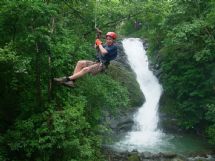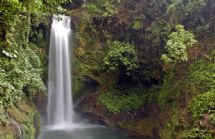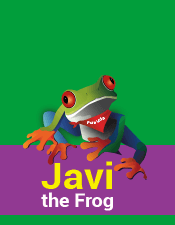Experience rich folk music heritage
Traditional Costa Rican Dancing in Guanacaste
Centered in the region of Guanacaste, the rich folk music heritage of Costa Rica gives visitors insight into the country's unique blend of different cultures.
Folk Music Traditions
Guanacaste is a province located on the northern end of Costa Rica's Pacific Coast, and its Nicoya Peninsula is home to some of the country's strongest folk music traditions. In particular, many important pre-Columbian musical styles are reflected in the culture of the Chorotega, a group of people indigenous to the area.
Costa Rican folk music involves the use of several unusual instruments and musical scales that set it apart from the traditions of neighboring countries. One important musical instrument in folk tradition is the ocarina, an ancient flute-like wind instrument shaped like a sweet potato. The Costa Rican ocarina, known as the dru mugata, is different from similar instruments around the world because it is made of beeswax. Natives also use the chirimia, an instrument similar to the oboe.
The quijongo, another important folk instrument, consists of a 55-inch (140 cm) tall bow made of wood that has a metal string stretched between its two ends. Between the two ends of the quijongo is a gourd, which serves as a resonator. By hitting the metal string with a stick and using their fingers to cover holes in the gourd, musicians can use the quijongo to create haunting tunes.
Experience Folk Music
Visitors to Costa Rica can experience the country's unique folk music at a number of different events. Many indigenous groups hold festivals where people are encouraged to dance along to folk songs, and tourists are welcome to join in. Examples of these celebrations include the Danza del Sol and the Danza de la Luna of the Chorotega people; the Danza de los Diablitos of the Boruca, another indigenous group; and the Danza de los Huelos, which is held in the Costa Rican canton of Talamanca.
Another way in which travelers in Costa Rica can experience folk music is through the marimba. Also, visitors can find peñas which are a bohemian-style gathering at which people get together to share music, dance and wine. Although the peña tradition was introduced to the country by exiles from Argentina and Chile, it has since become an important part of Costa Rica's folk music scene.
7 Days / 6 Nights
Starting at $978 per person
10 Days / 9 Nights
Starting at $1,440 per person





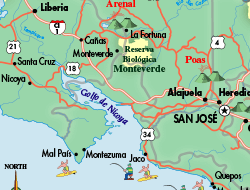
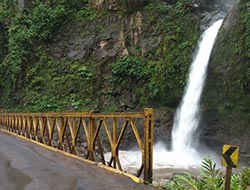

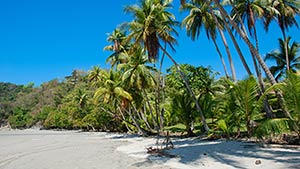
.jpg)
